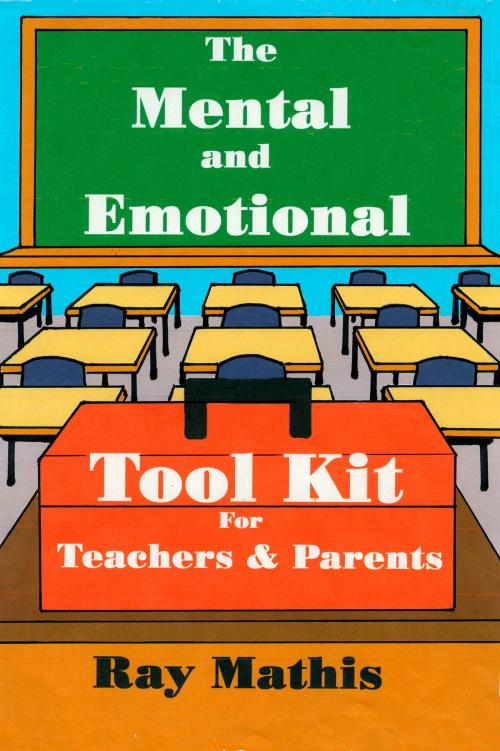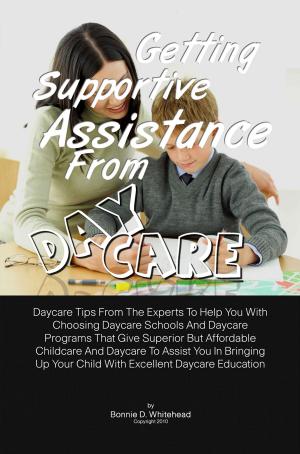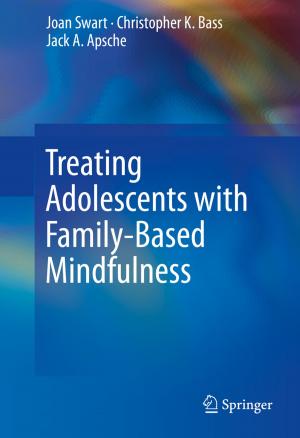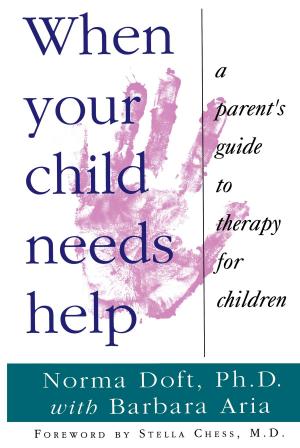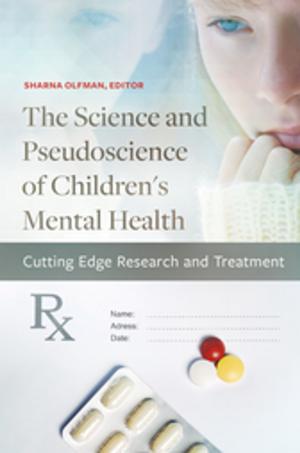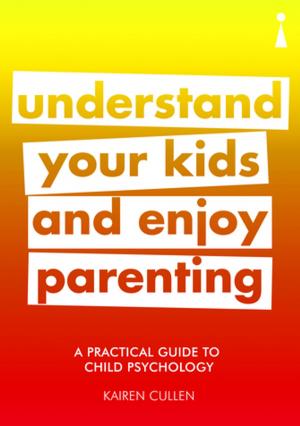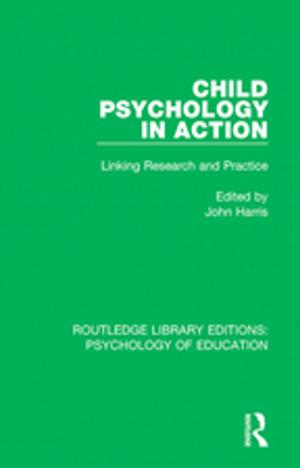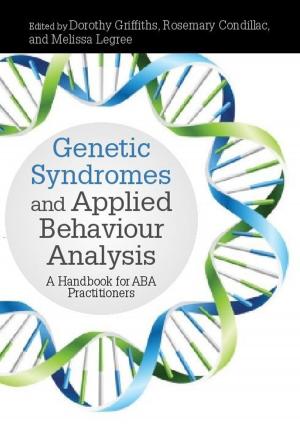The Mental and Emotional Tool Kit for Teachers and Parents
Nonfiction, Reference & Language, Education & Teaching, Counseling & Guidance, Health & Well Being, Psychology, Child & Adolescent, Child Development| Author: | Ray Mathis | ISBN: | 9781301150649 |
| Publisher: | Ray Mathis | Publication: | April 18, 2013 |
| Imprint: | Smashwords Edition | Language: | English |
| Author: | Ray Mathis |
| ISBN: | 9781301150649 |
| Publisher: | Ray Mathis |
| Publication: | April 18, 2013 |
| Imprint: | Smashwords Edition |
| Language: | English |
Parenting and teaching can be tough. It's easy to generate more emotion than is helpful and make mistakes, especially with the most troubled and troublesome young people. This book was written by a health education teacher who became certified in cognitive behavioral therapy to better understand and help students, and ended up helping himself in the process. He can help you do all three things.
The vast majority of things that go wrong in peoples live happen because they generate more emotion than is necessary or helpful, and more than they know what to do with. This emotion predisposes people of all ages to react to life instead of respond to it in the best possible ways. It predisposes them to behave in all manner of unhealthy, self-defeating ways, often making their own lives, and the lives of others around them worse instead of better. That's true in and outside classrooms, and regardless of whether someone is a student or teacher, a child or a parent All of this can directly or indirectly negatively impact a young person's readiness, willingness and ability to learn, and a teacher's ability to teach him or her.
The flipside of all this is that people have to be in the right mental and emotional place to make the best possible behavioral or lifestyle choices; to access and act on helpful advice and information they've been given, to consider consequences before acting, to learn from their own and others experiences, to act in accordance with their own morals and values, to function at levels they are capable of, to problem solve, to resolve conflicts, and to have the satisfying relationships they want.
That's why truly effective emotional management is such an important life skill. Yet we do little if anything to teach people this important skill as they go through our schools. We have too many people who enter adulthood deficient in this important ability, and who struggle in many ways their entire lives because of it. Little is done to train up teachers in this important skill before they go back into classrooms where that ability will often be tested by many children and teens who bring all manner of psycho-social challenges with them to the classroom.
Ray Mathis started looking for answers early in his life, partly because he had more emotion than he wanted to have as a child, and health problems, and watched his father smoke and drink himself to an earlier demise than was necessary, and his mother do the same by overeating. It's why he became a health education teacher. However, that training still didn't give him the important answers he was looking for, not only for himself, but for so many of his students.
Then one day, in a passing conversation in a hallway of his school, a colleague told him, "Look Ray, it's your choice how you want to feel". After he calmed down, his colleague told him about Rational Emotive Behavioral Therapy (REBT) which was developed by Dr. Albert Ellis. He started taking courses in it shortly after that and knew immediately he'd found the answers he was looking for, not only for his students but himself as well.
He spent the rest of his career developing a new approach to health education he now calls "A Mental and Emotional Tool Kit for Life". It consists of ten easy to learn and easy to teach "tools", most of which come from REBT., and all of which help people manage better what goes on inside their own heads in response to their life events. As he taught these skills to his students five times a day, he realized that it was making him a healthier person, and a better teacher, parent and spouse.
Since retiring from the classroom in 2007, he has been speaking at state and national conventions, schools and universities, advocating for adding these "tools" to the education our young people receive, and to teacher preparation programs in colleges and universities.
Parenting and teaching can be tough. It's easy to generate more emotion than is helpful and make mistakes, especially with the most troubled and troublesome young people. This book was written by a health education teacher who became certified in cognitive behavioral therapy to better understand and help students, and ended up helping himself in the process. He can help you do all three things.
The vast majority of things that go wrong in peoples live happen because they generate more emotion than is necessary or helpful, and more than they know what to do with. This emotion predisposes people of all ages to react to life instead of respond to it in the best possible ways. It predisposes them to behave in all manner of unhealthy, self-defeating ways, often making their own lives, and the lives of others around them worse instead of better. That's true in and outside classrooms, and regardless of whether someone is a student or teacher, a child or a parent All of this can directly or indirectly negatively impact a young person's readiness, willingness and ability to learn, and a teacher's ability to teach him or her.
The flipside of all this is that people have to be in the right mental and emotional place to make the best possible behavioral or lifestyle choices; to access and act on helpful advice and information they've been given, to consider consequences before acting, to learn from their own and others experiences, to act in accordance with their own morals and values, to function at levels they are capable of, to problem solve, to resolve conflicts, and to have the satisfying relationships they want.
That's why truly effective emotional management is such an important life skill. Yet we do little if anything to teach people this important skill as they go through our schools. We have too many people who enter adulthood deficient in this important ability, and who struggle in many ways their entire lives because of it. Little is done to train up teachers in this important skill before they go back into classrooms where that ability will often be tested by many children and teens who bring all manner of psycho-social challenges with them to the classroom.
Ray Mathis started looking for answers early in his life, partly because he had more emotion than he wanted to have as a child, and health problems, and watched his father smoke and drink himself to an earlier demise than was necessary, and his mother do the same by overeating. It's why he became a health education teacher. However, that training still didn't give him the important answers he was looking for, not only for himself, but for so many of his students.
Then one day, in a passing conversation in a hallway of his school, a colleague told him, "Look Ray, it's your choice how you want to feel". After he calmed down, his colleague told him about Rational Emotive Behavioral Therapy (REBT) which was developed by Dr. Albert Ellis. He started taking courses in it shortly after that and knew immediately he'd found the answers he was looking for, not only for his students but himself as well.
He spent the rest of his career developing a new approach to health education he now calls "A Mental and Emotional Tool Kit for Life". It consists of ten easy to learn and easy to teach "tools", most of which come from REBT., and all of which help people manage better what goes on inside their own heads in response to their life events. As he taught these skills to his students five times a day, he realized that it was making him a healthier person, and a better teacher, parent and spouse.
Since retiring from the classroom in 2007, he has been speaking at state and national conventions, schools and universities, advocating for adding these "tools" to the education our young people receive, and to teacher preparation programs in colleges and universities.
